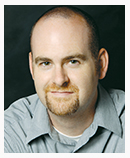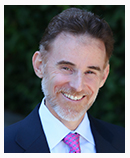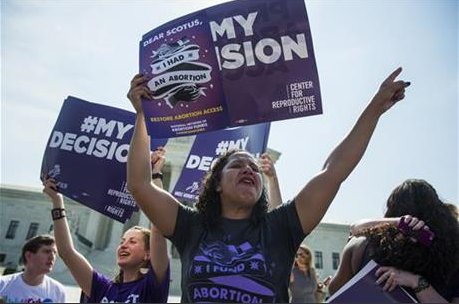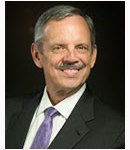On the show today we hear from speaker and author Adam McHugh. He tells us more about his latest book, The Listening Life: Embracing Attentiveness in a World of Distraction.
In the second hour Dr. Joel Strom tells us more about the right way to repeal and replace Obamacare and how doctors criticism of Obamacare is silenced by ACA bureaucrats.


Dr. Strom is a nationally recognized speaker, focus-group participant and panelist on a wide variety of topics including political leadership for healthcare professionals, political organizational leadership, candidate training, media and grassroots and seminars for young dentists, physicians, and politically conscious college students. Dr. Strom is a regular television and radio guest on program such as CNN, Dennis Prager, Hugh Hewitt, Larry Elder discussing politics and health care. This past year, he has participated on panels and as a speaker at UC Irvine, USC, UCLA, Pepperdine, UOP and other university medical schools and has numerous publications including The LATimes, IBD, The Hill, Daily News, among others.

As a Republican who believes that Obamacare has not fixed longstanding national healthcare issues, and as a healthcare professional who believes that real reform is one of the most important issues in politics, I support the underlying principles of the Sessions-Cassidy plan. I want reforms that empower patients with greater choice, protect the doctor-patient relationship, decrease costs and increase quality.


The justices voted 5-3 in favor of Texas clinics that had argued the regulations were only a veiled attempt to make it harder for women to get abortions in the nation's second-most populous state.
Justice Stephen Breyer's majority opinion for the court held that the regulations are medically unnecessary and unconstitutionally limit a woman's right to an abortion.
Texas had argued that its 2013 law and subsequent regulations were needed to protect women's health. The rules required doctors who perform abortions to have admitting privileges at nearby hospitals and forced clinics to meet hospital-like standards for outpatient surgery.
 Listen Online
Listen Online Watch Online
Watch Online Find a Station in Your Area
Find a Station in Your Area


 Watch Now
Watch Now Listen Now
Listen Now 








 Listen Now
Listen Now Watch Online
Watch Online
